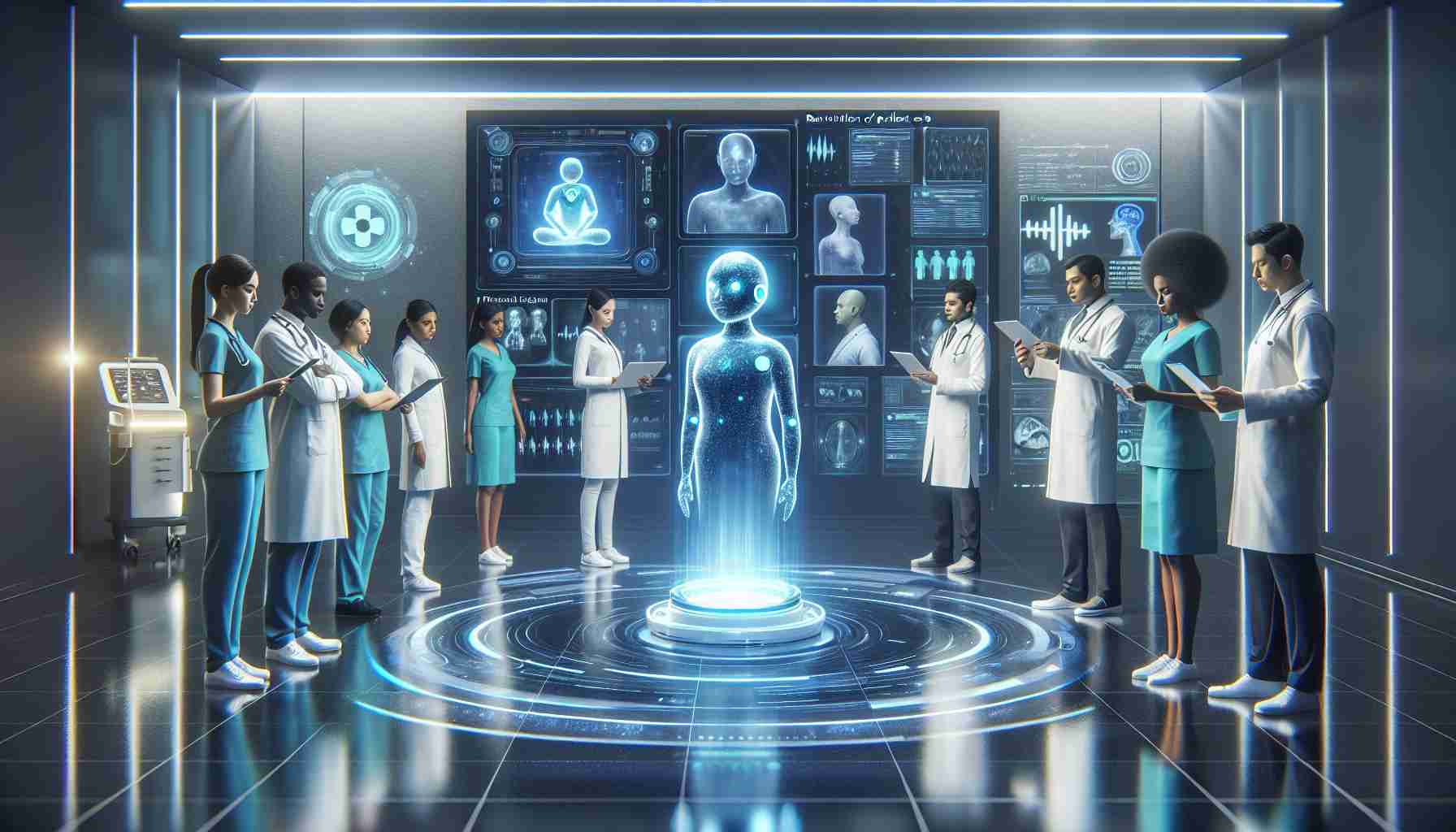AI-driven healthcare agents created through a collaboration between NVIDIA and Hippocratic AI have taken the world by storm, promising to revolutionize the way patients interact with medical assistance. These groundbreaking agents have showcased their capabilities by surpassing traditional large language models and even human nurses in specialized tasks, hinting at a future where patient outcomes are significantly enhanced, and global healthcare workforce shortages are addressed.
**Addressing Challenges in Healthcare Workforce**
A critical issue facing the healthcare sector globally is the scarcity of skilled professionals. The World Health Organization (WHO) warns of a potential shortage of 10 million healthcare workers by 2030, particularly impacting low- and middle-income nations. This scarcity not only affects resource-constrained regions but also extends to rural and isolated areas in countries with high-income levels like the United States and Australia.
In response to these challenges, the partnership between NVIDIA and Hippocratic AI seeks to combat staffing crises by introducing generative AI-powered healthcare agents. These agents leverage Polaris, Hippocratic’s safety-centric large language model, for conducting real-time dialogues between patients and AI. By deploying specialized AI agents for diverse healthcare responsibilities, these agents enhance safety measures and decrease occurrences of AI-related issues.
**Empowering Patient-Provider Relationships**
A fundamental goal of AI-powered healthcare agents is to establish a seamless and interactive bond between patients and digital technology. These agents rely on voice-based interactions and ultra-low latency to emulate human-like conversations, ensuring that patients can engage naturally with the AI agents.
NVIDIA and Hippocratic continuously refine their technological solutions to provide patients with an unparalleled healthcare experience. Kimberly Powell, NVIDIA’s Vice President of Healthcare, stresses the significance of innovation and cooperation with companies like Hippocratic AI to create cutting-edge healthcare solutions.
**Ensuring Safety and Efficiency**
Hippocratic AI has extensively evaluated their AI-powered agents, comparing their performance with other language models and human nurses. When considering safety benchmarks, Polaris outshined competitors like OpenAI’s ChatGPT-4 and LLaMA-2 70B, as well as human nurses. This triumph underscores the potential of AI-driven healthcare agents in delivering secure and efficient care.
**Addressing Concerns on Costs**
A common apprehension regarding AI-powered healthcare agents is their cost-effectiveness compared to hiring human nurses. Hippocratic AI promotes its agents at a rate below $9 per hour, significantly lower than the hourly wages of registered nurses. Nonetheless, it is essential to weigh the benefits patients derive from both sources. While nurses handle critical medical tasks, they also provide emotional support and cater to non-medical duties for patients and their families.
As the AI sector advances rapidly, it becomes imperative to acknowledge the evolving capabilities of AI-powered healthcare agents. While these agents currently assist patients through telephone or video conversations, future progressions are likely to propel expanded functions and deeper integration within healthcare environments.
**FAQ**
1. **Kommer AI-drivna vårdagenter att helt ersätta mänskliga sjuksköterskor?**
Nej, AI-drivna vårdagenter är utformade för att komplettera och stödja mänskliga sjuksköterskor, inte ersätta dem. Dessa agenter syftar till att hjälpa med specifika uppgifter och ge patienter ökad tillgång till resurser och support.
2. **Kan AI-drivna vårdagenter erbjuda känslomässigt stöd till patienter?**
AI-drivna vårdagenter kan ge känslomässigt stöd till patienter genom naturliga språkinteraktioner. Men mänskliga sjuksköterskor spelar fortfarande en avgörande roll för att ge personlig och empatisk vård.
3. **Hur säkerställer AI-drivna vårdagenter patientsäkerheten?**
AI-drivna vårdagenter genomgår omfattande tester och utvärdering för att säkerställa att säkerhetsnormerna uppfylls. Dessa agenter är utformade för att minimera AI-hallucinationer och ge korrekt och pålitlig information till patienter.
4. **Vilka är de potentiella nackdelarna med att förlita sig på AI-drivna vårdagenter?**
Även om AI-drivna vårdagenter erbjuder många fördelar kan potentiella nackdelar inkludera begränsade möjligheter att hantera komplexa medicinska situationer och avsaknaden av mänsklig närvaro och intuition i patientvården. Mänskliga sjuksköterskor är fortfarande viktiga för att ge omfattande och holistisk vård.
Källor:
– [Exempelkälla 1](#)
– [Exempelkälla 2](#)
The source of the article is from the blog procarsrl.com.ar
